An RV makes a great home away from home during travel or simply parked in a breathtaking outdoor spot. Investing in a solar generator like Jackery is one way to make sure you stay comfortable and connected no matter where you are.
If you're considering purchasing a generator for your RV to power everything from lights to the AC, you'll need to choose one that's powerful enough but not so large that it takes up too much space. Without carefully selecting a generator, you may come up short when powering your regular appliances and electronics.
In this guide, we'll go over everything you need to know about choosing the right generator size for your RV.
What Size Generator for RV Do I Need?
Generators come in both small and large sizes to power various appliances based on their electricity usage. Hence, what size generator you need for your RV depends on the amount of wattage needed by the electrical equipment in your recreational vehicle.
So begin by determining the wattage for each electrical device in your RV that you plan to use on a typical day. If you are unsure how much electricity an appliance uses, you can always refer to the owner's manual to learn.
You also need to consider the amount of wattage your largest appliance requires to power up. The same is true for appliances that need to run all day, such as the refrigerator.
What is the difference between a 30-amp and 50-amp RV?
A 30-amp and a 50-amp RV electrical system are related to how much power your RV can draw from the electrical pedestal or other sources, like a solar generator.
- 30-Amp RVs
A 30-amp RV is designed with a standard three-prong plug that has a single 120-volt hot wire and one neutral wire, as well as one ground wire. This system is capable of providing a total of 3,600 watts (30 amps x 120 volts = 3,600 watts). 30-amp RVs are ideal for smaller campers and trailers that use limited amounts of electricity.
- 50-Amp RVs
A 50-amp RV has a special four-prong plug that offers a standard 120 -volt hot wire, a neutral wire and two 120-volt hot wires. This system can provide 7,200 watts (50 amps x 240 volts = 7,200 watts). 50-amp RVs are larger campers and motorhomes that require more electricity to power multiple appliances.
What size generator do I need for a 30-amp RV?
Using the formula above, we determined that a 30-amp RV with a 120-volt electrical plug load multiplied by 30 amps is capable of handling a maximum electron flow of 3,600 watts.
Hence using a 3,600-watt generator would enable you to enjoy the same amount of power when it's used as a backup to your main electrical system, etc.
However, at minimum, you can get by with a 2,500-watt generator to power your RV's appliances, such as the microwave, blender, coffee maker, etc., and small electrical devices, such as a laptop, while a 4,000-watt generator will provide added wattage for powering up your larger appliances, such as the A/C.
You can consider Jackery Solar Generator 2000 Plus, 3000 Pro, 5000 Plus for your 30-amp RV.
What size generator do I need for a 50-amp RV?
A 50-amp RV with 120 volts of power can manage up to 12,000 watts of electrical current (120 volts x 50 amps); therefore, a 12,000-watt generator can easily serve as a source of sufficient power in place of your RV's main power systems.
However, a 12,000-watt generator will supply enough electricity to run a toaster, gaming console, refrigerator, and more, as well as more powerful starting devices, such as the furnace fan. But do we really need such a large-watt generator for rv? We would recommend a solar generator that can produce renewable power for rv. Like Jackery Solar Generator 2000 Plus.
Solar vs. Propane Generator for RV
The most popular choices for an RV generator are solar power generators and propane generators. However, they each have their benefits and drawbacks, which will help determine the best type of generator for you.
For instance, the main benefit of a solar power generator is it provides free power to run your RV appliances simply by connecting it to a solar energy system. While it costs more in terms of initial investment, it’s a great way to save money in the long run.
Solar generators are also generally quieter and more environmentally friendly than propane generators. These generators are also much more dependable during emergency power outages, and they can also be used with a battery management system to provide electricity indefinitely.
On the other hand, a propane generator is typically cheaper and can provide power in areas without access to solar power. It’s also costly to maintain and can be used with solar energy systems for additional power. However, propane generators are louder and less fuel-efficient than solar generators.
|
Solar Generators |
Propane Generators |
|
✓ More efficient and economical in the long run. ✓ Quieter compared to other generators. ✓ Environmentally friendly. ✓ Easier to maintain than propane generators. ✓ Can be used with solar energy systems for additional power. |
✓ Cheaper than solar generators initially. ✓ Easier to acquire and use in areas without access to solar power. ✓ It can be used with solar energy systems for additional power. ╳ Not fuel efficient compared to solar generators. ╳ Requires more maintenance and has shorter life expectancy. |
Jackery Solar Generators: The Quiet RV Generator

Jackery offers a wide range of solar generators to run your RV both effectively and quietly when the need arises. They are portable so you can carry them anywhere to the outdoor locations. They operate at 30dB of noise, which is less than the refrigerator’s hum, ensuring you can sleep, cook, and relax peacefully.
Jackery Solar Generator 1000 Plus
The Jackery Solar Generator 1000 Plus is a solar-powered charging solution that can charge 99% of RV appliances. If you want to power smaller electrical devices, such as your phone, fans, TVs, mini-fridges, laptop, or drone, you may consider the Jackery Solar Generator 1000 Plus. The foldable handle and ergonomic design ensure easy transportation and storage of the solar generator during off-grid adventures. It supports 3 add-on battery packs to expand the capacity from 1.2kWh to 5kWh.
Jackery Solar Generator 2000 Plus
The Jackery Solar Generator 2000 Plus is a large-capacity solar system that can power your A/C unit, refrigerator, and more for hours of glamping fun. If you are planning to cook outdoors during RV living, the solar generator ensures your essential cooking equipment, such as electric stoves and grills, remains powered. The power station supports up to 5 add-on battery packs, which allow you to expand the battery capacity from 2kWh to 12kWh.
The solar power generators also have fast charging times, so you are never without power for too long while enjoying the outdoors.
Conclusion
With the right size generator for your RV, there is no limit to the electrical-powered comforts you can enjoy while away from home. Make sure you calculate your electrical needs to determine the total number of watts you require from your generator. This ensures a safe and comfortable trip for you and your family, as well as for your rig.
With Jackery, you can expect the highest quality RV solar generators and reliable solar energy systems to power your RV anywhere. We offer a wide range of products that are easy to install and use. Invest in a Jackery solar generator today for a more enjoyable camping experience!
Subscribe to our email newsletter for exclusive offers and discounts on Jackery RV generators. Get in touch with our team today to learn more about which type of generator is best for your unique needs!






















































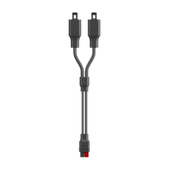














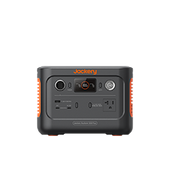

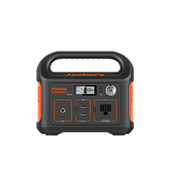

















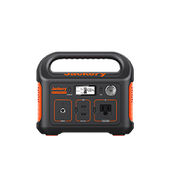



















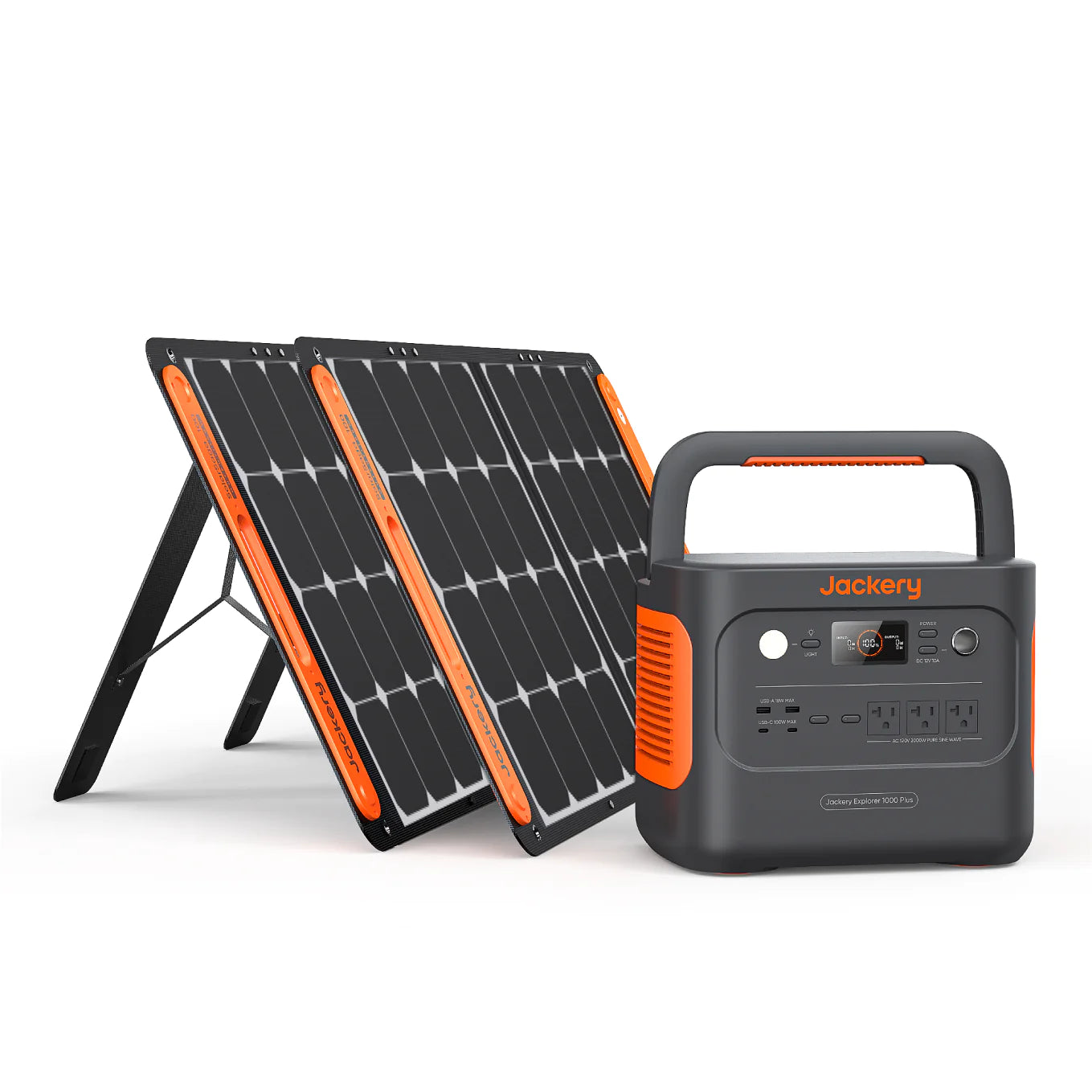



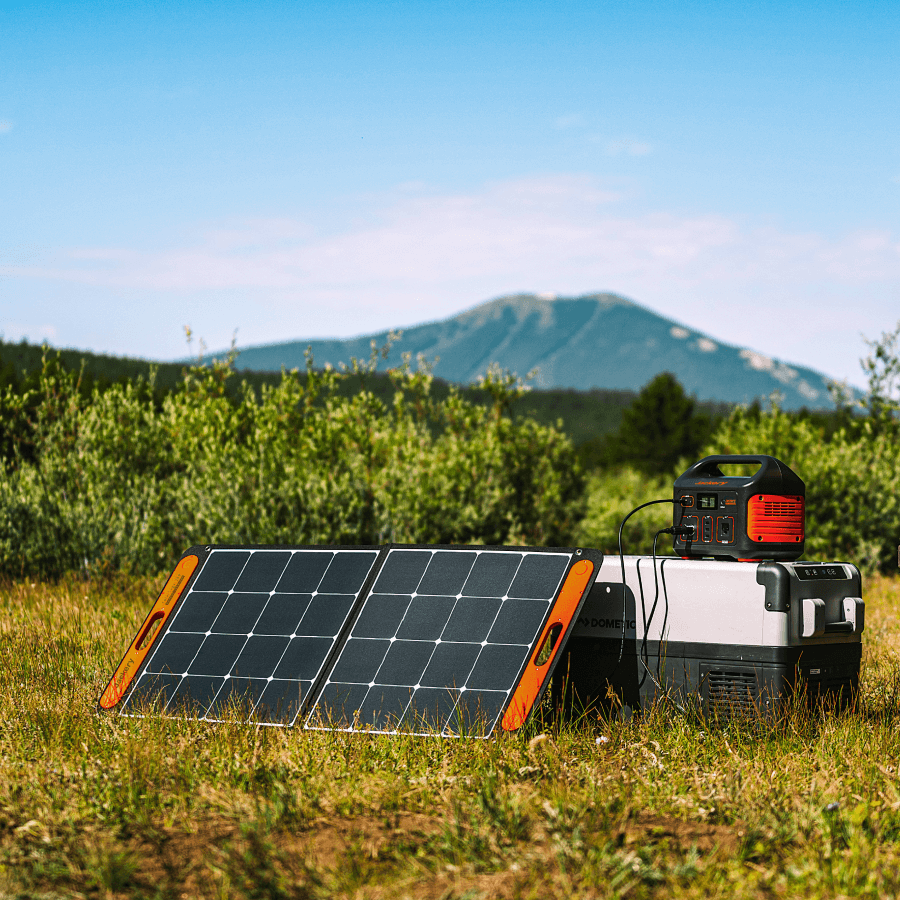
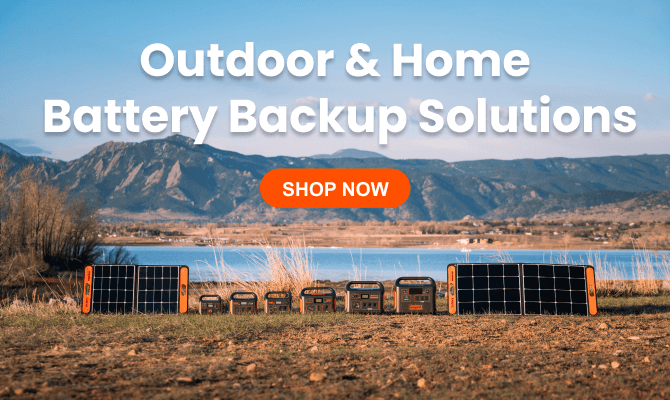
Hello, I have a new rv with a 30 amp power supply. I am looking for a generator to back me up and supply a/c when needed. From what I’ve read, it looks like I’m looking for a 4000 watt unit ?
Of course, lm looking for a quiet and reasonable priced unit. Please advise.
Regards
Michael Anderson
Leave a comment